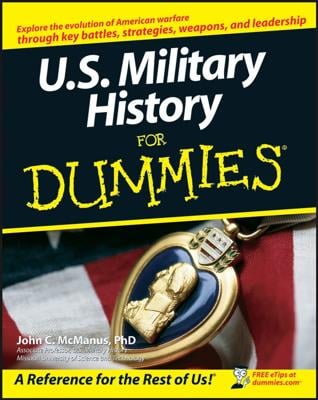And the people the Brits were fighting, the colonists, had no regular army, no navy at all, and few real resources to assemble them.
But, as America itself was to find out about two centuries later in Vietnam, having the best army and navy doesn’t always mean that much. For one thing, the British people were by no means united in a desire to rein in the colonies.
When war broke out, several leading British military leaders refused to take part. Some British leaders also recognized the difficulty of winning a war by fighting on the enemy’s turf thousands of miles from Britain, especially when the enemy was fighting for a cause.
“You may spread fire, sword, and desolation, but that will not be government,” warned the Duke of Richmond. “No people can ever be made to submit to a form of government they say they will not receive.”Three factors contributed to Britain’s ultimate downfall:
-
The British political leaders who did support the war were generally inept. Lord North, the prime minister, was a decent bureaucrat but no leader, and he basically did what King George III wanted. And some of the British generals were nincompoops.
One of them, leaving for duty in early 1777, boastfully bet a fair sum of money that he would be back in England “victorious from America by Christmas Day, 1777.” By Christmas Day, he had surrendered his entire army.
-
Britain couldn’t commit all its military resources to putting down the rebellion. Because of unrest in Ireland and the potential for trouble with the French, who were still smarting from their defeats by the British in the New World, Britain had to keep many of its forces in Europe.
-
Because the Brits didn’t take their opponents seriously, they had no real plan for winning the war. That meant they fooled around long enough to give the Americans hope. And that gave the French a reason to believe the colonials just might win, so they provided the Americans with what proved to be indispensable arms, money, ships, and troops.

